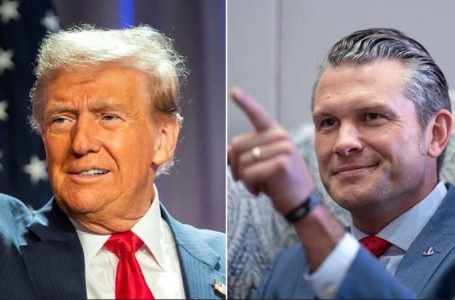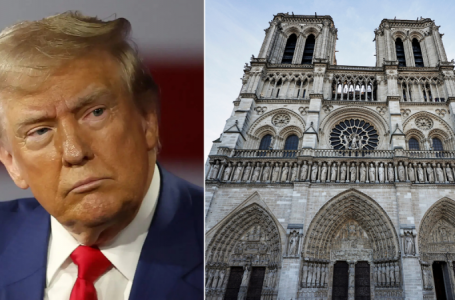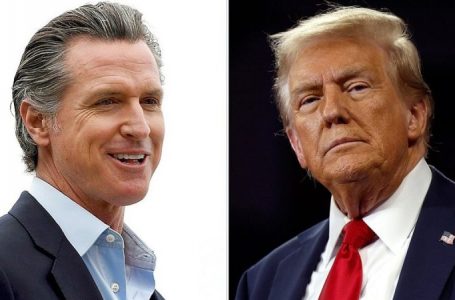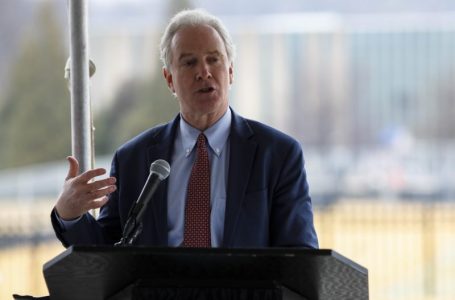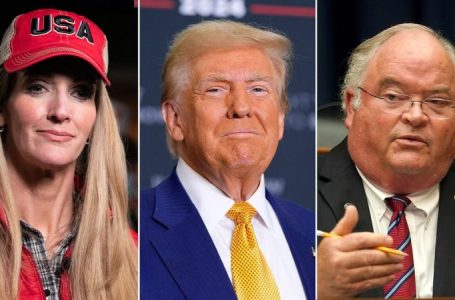Ron DeSantis wanted to change the way campaigns were funded. Then the fights started.
In February 2019, Florida Governor Ron DeSantis proposed a radical change to the way campaigns are funded in Florida. He wanted to shift the state’s election system away from one that relies heavily on corporate donors to a system that relies more on small donations from everyday citizens.
DeSantis acknowledged that the new plan, known as the Florida Fair and Open Election Plan, would require a lot of public input, and it was immediately met with both enthusiasm and opposition. Supporters were eager at the prospect of an election system that was more accessible and diverse, while those opposed worried that it could lead to major changes like cutting corporate donors out of the equation and providing candidates with unfair advantages.
The debate over the Florida Fair and Open Election Plan quickly grew heated, with the Florida Democratic Party and DeSantis’ political opponents coming out against the proposal. They argued the system would give too much power to the governor and give the wealthy the ability to influence elections even more.
However, DeSantis and his supporters countered that the plan would open up the state to more candidates, allow for public financing of campaigns, and provide more access to funds for grassroots political organizations.
Though the proposal was eventually rejected by Florida’s Supreme Court, DeSantis’ attempts to change the way campaigns are funded in the Sunshine state have undoubtedly created a new conversation and mindset among both political opponents and supporters. The fight over the proposal has raised concerns over the current campaign finance system and the lack of access that everyday citizens have to the political process. It has also shown that certain issues, such as campaign finance reform, can cause quite a bit of political tension and debate.

